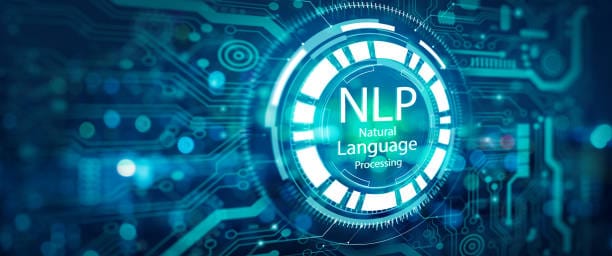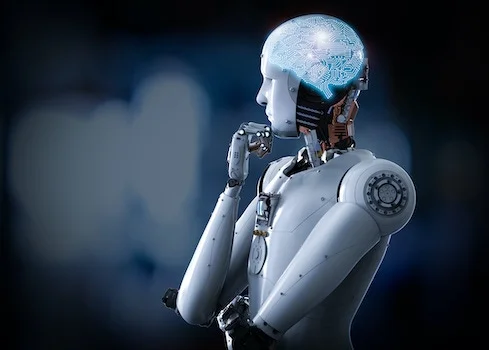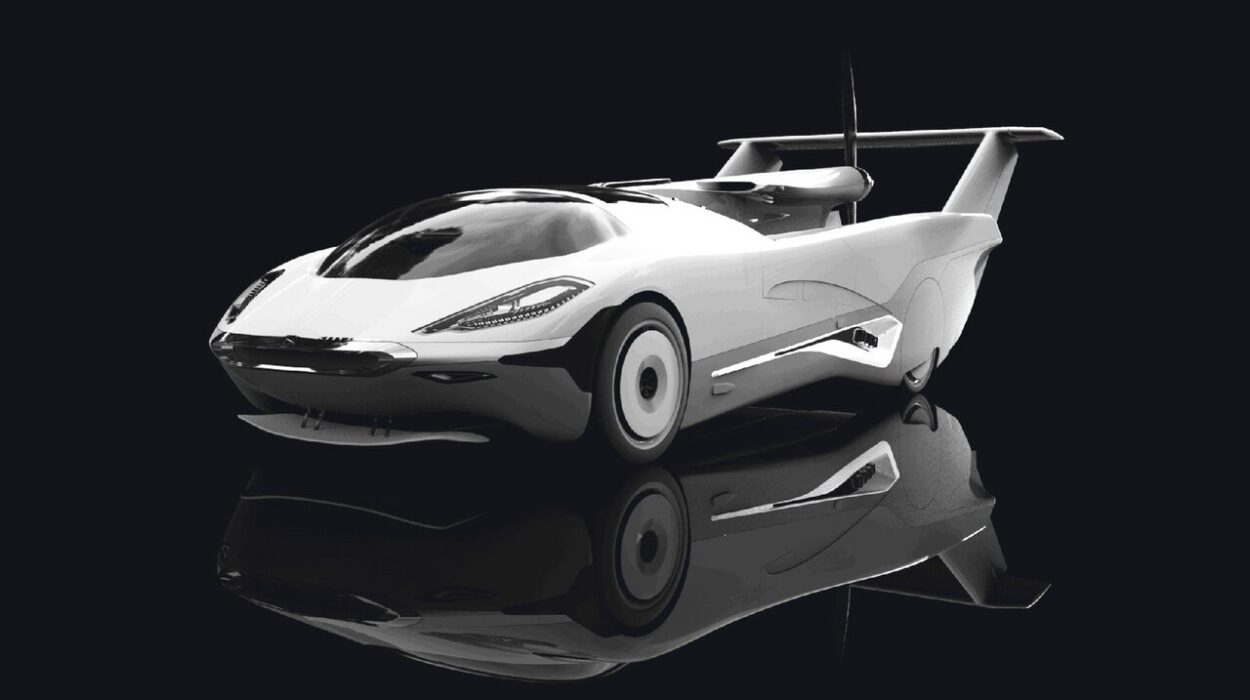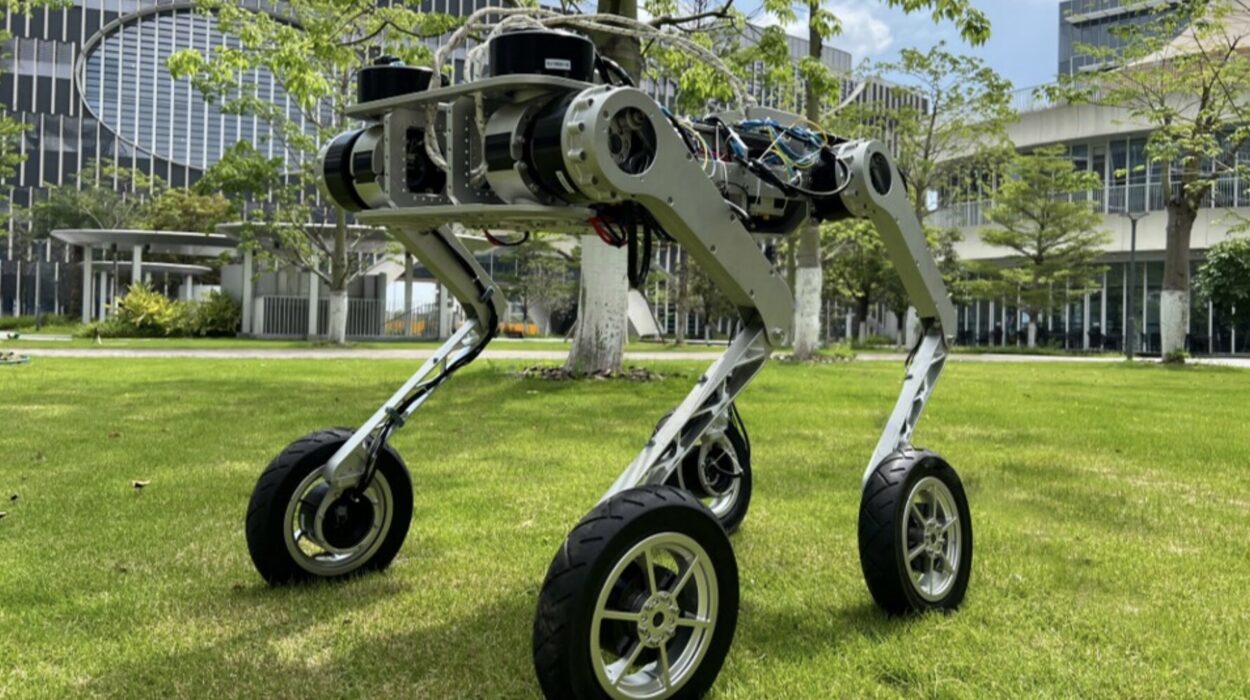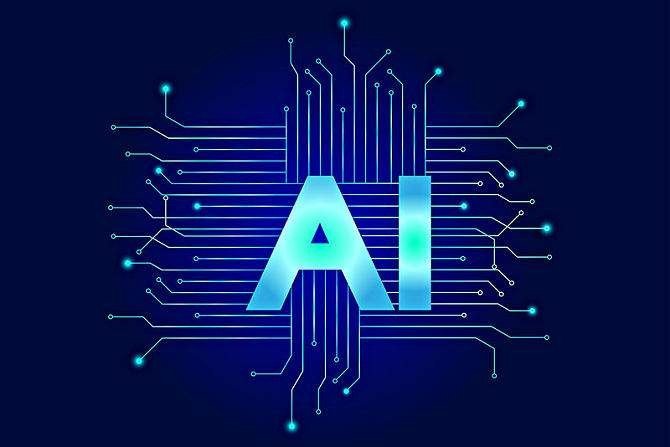A teenage girl in Seoul slides her thumbs across her phone, and a moment later, a face in São Paulo beams back at her from the screen. A neurosurgeon in New York steers robotic instruments inside a patient’s skull while watching the surgery unfold in 3D on a console. A farmer in rural Kenya reads satellite data on rainfall predictions and decides when to plant his seeds.
Never before in history has humankind wielded tools of such astonishing power and reach. It’s no exaggeration to say that technology has rewired the rhythms of civilization. We live inside a web of code and microchips, carrying in our pockets machines more powerful than the computers that once guided Apollo 11 to the Moon.
But as the glow of our screens spills into every hour of our days, an anxious question rises in the back of our collective mind: Is all this technology making us smarter—or merely more dependent?
It’s a question pulsing at the heart of the 21st century, where every brilliant invention seems to come twinned with consequences we can barely foresee.
The Electrified Mind
For most of human history, knowledge moved slowly. Ideas drifted across continents on the backs of traders, monks, or conquerors, sometimes taking centuries to circle the globe. The invention of writing gave us memory outside our bodies; the printing press gave us mass literacy. But these were still measured revolutions.
Then came electricity, telegraphs, telephones, radio, television—and finally the digital revolution. The last few decades have smashed time and space into fragments. Now, the entire sum of human knowledge flickers in the glow of a single screen.
The effects are staggering. In classrooms, students tap answers into tablets instead of scratching chalk on blackboards. In laboratories, scientists wield supercomputers to simulate molecules and galaxies. In business, algorithms parse vast oceans of data to predict everything from market trends to human emotions.
These tools have made us vastly more capable. A generation raised on Google can find information in seconds that would once have taken days in a library. Machine learning has transformed medicine, finance, transportation. Satellites track hurricanes; digital models predict pandemics. Never has humanity been so interconnected, so well-informed—or so utterly overwhelmed.
Cognition on Demand
When a question arises—Who won the Oscar for Best Actress in 1975? How many bones are in the human hand? What’s the capital of Bhutan?—most of us no longer rummage through dusty memory. Instead, we reach for the nearest device and summon the answer.
There’s a peculiar triumph in that. Knowledge feels limitless, instantly accessible. We are becoming a species that can consult a collective brain at will.
And yet, something subtle has shifted in how we think. Our brains evolved to remember crucial facts for survival: the path home through the forest, the taste of poisonous berries, the name of an ally or enemy. Now, with information a few keystrokes away, we’re outsourcing memory to the cloud. Psychologists call it the “Google effect.” Why bother remembering, when the internet remembers for you?
This cognitive offloading is both miraculous and disquieting. On one hand, it frees our mental bandwidth for deeper reasoning. On the other, it may erode the skills that once defined intelligence: patience, deep focus, and the ability to connect disparate ideas without relying on search engines as crutches.
The Distraction Machine
Stroll through any city street, and you’ll see a sight unique to our age: heads bowed, eyes locked onto small glowing rectangles. In restaurants, families gather around tables but gaze into separate screens. On subways, commuters absorb themselves in games, videos, messages. We are connected as never before—and yet astonishingly alone together.
Technology was supposed to liberate us from drudgery. It has also yoked us to a new master: the endless scroll. Social media, designed to maximize engagement, exploits deep seams in human psychology. Each notification triggers a tiny burst of dopamine—a neurological reward that keeps us coming back for more. In the words of one ex-Google ethicist, “We’ve turned smartphones into slot machines.”
Our minds are now constantly tugged in a thousand directions. Studies show that digital multitasking diminishes cognitive performance. When we switch tasks rapidly—checking texts while writing an email, glancing at news alerts during conversations—we pay a price in attention residue. Our thoughts become scattered, our focus shallow.
Even the architecture of apps conspires to fragment us. Infinite scrolls, autoplay videos, notifications that light up our screens—these are meticulously crafted to steal our time. We inhabit a world engineered to keep us distracted.
Smart Devices, Lazy Minds?
One night in a hospital corridor, a young doctor gazes anxiously at his phone. A patient has a rare metabolic condition, and he can’t recall the emergency protocol. Within seconds, an app delivers the precise treatment steps. A life may be saved.
This is the dazzling promise of technology: no human mind can remember every detail, but devices can fill the gaps.
Yet reliance on tools can dull the blade of human expertise. Pilots, doctors, engineers—professions once built on training and quick thinking—are discovering a new challenge: when automation works flawlessly, humans lose the practice of solving problems themselves.
In aviation, the phenomenon is stark. Airline pilots today rely on autopilot systems for most flights. But when automation fails, pilots sometimes lack the instincts honed by manual flying. Catastrophic crashes have occurred because human operators were unprepared to step in when technology faltered.
It’s a paradox. The smarter our tools become, the less we exercise the skills they replace.
Children of the Screen
Consider the world into which today’s children are born. From infancy, they see glowing screens in strollers, at dinner tables, in cribs. Toddlers swipe at tablets before they can speak in full sentences. Preschoolers watch cartoons tailored by algorithms to maximize engagement. Elementary students use Chromebooks instead of pencils.
This generation will grow up with an intuitive fluency in digital worlds. But educators and neuroscientists are divided about the consequences.
On one hand, interactive technology can engage children’s curiosity, offer personalized learning, and prepare them for a digital future. On the other, excessive screen time correlates with shorter attention spans, reduced emotional regulation, and poorer sleep.
Children’s brains are still wiring themselves for empathy, critical thinking, and self-control. Technology shapes those circuits. Apps designed to capture attention can train young minds to crave constant novelty. The subtle skills of reading faces, interpreting body language, or navigating boredom may wither if life is always mediated through glass.
Yet it’s not a simple story of doom. Children are remarkably adaptive. They’re inventing new forms of creativity, using technology to make music, films, art. They’re organizing social movements on platforms their parents barely understand. The challenge is balance: ensuring that digital tools enhance rather than replace the core human connections children need to thrive.
Digital Memory and Digital Forgetting
In a dusty library in Alexandria, 2,000 years ago, scrolls were carefully copied to preserve human knowledge. Today, the internet has become humanity’s new library—but one that sometimes erases its own contents.
A tweet can vanish. A website can be deleted. A cloud storage account can be lost to a forgotten password. Meanwhile, surveillance capitalism ensures that other memories—like your browsing habits or private conversations—are preserved forever in corporate data vaults.
Technology has altered the mechanics of memory itself. We remember less, because we expect data to be stored for us. Yet we have less control over what is remembered or forgotten. Digital amnesia and digital permanence walk hand in hand.
It’s a new anxiety: Will our grandchildren know us through photo albums and letters, or only through fragmented posts scraped from obsolete platforms?
The Rise of Artificial Intelligence
In the last decade, another revolution has begun to unfold. Artificial intelligence, once the dream of science fiction, is now shaping how we write, create, and think.
AI chatbots compose emails, answer questions, even generate poetry. Algorithms diagnose cancer, steer cars, compose music. Deep-learning systems like GPT understand language in ways that sometimes appear almost human.
This technology has breathtaking potential. It can democratize knowledge, provide personalized education, translate languages instantly. But it also raises unsettling questions. Will we outsource creative thinking to machines? Will human skills atrophy as AI becomes our universal tutor, assistant, and advisor?
When a writer struggles to find the right phrase, will she labor through the craft—or simply press a button to generate options? Will the next generation of scientists still pursue long, painstaking research—or rely on algorithms to supply answers?
The tools we create shape the people we become. AI is both a mirror and a hammer, reflecting our values and reshaping our lives. Its arrival forces us to decide what we wish to keep as uniquely human.
Are We Smarter—or Just Faster?
By many measures, humans today possess unprecedented knowledge. Literacy rates are at historic highs. More people than ever have access to education. Scientific breakthroughs arrive at dazzling speed. We can summon information instantly, connect across continents, learn new skills through online tutorials.
But being smarter isn’t simply knowing more facts. Intelligence involves synthesis, wisdom, judgment. Are we wiser for our gadgets? Or simply overloaded?
Psychologists describe an effect called “cognitive load.” Our brains have limits on how much information they can process at once. The constant torrent of news, social updates, notifications, and digital chatter leaves many of us fatigued. Decision fatigue, information overload, and digital burnout are the dark undercurrents of our hyperconnected world.
The internet has made us faster—but not necessarily deeper. Speed comes at the cost of contemplation. We skim headlines instead of reading deeply. We favor bite-sized content over sustained thought. We react rather than reflect.
Yet even here, the story is not wholly bleak. Technology can also empower profound exploration. Online courses teach quantum physics. Virtual museums open the Louvre to anyone with a browser. Long-form journalism finds new audiences through podcasts and digital publications. For those who seek it, the internet can be a cathedral of knowledge.
Technology and Human Relationships
Human beings are social animals, wired to read faces, voices, gestures. For millennia, our survival depended on knowing who to trust, who to love, who to fear.
Technology has given us new ways to connect—but also new forms of isolation. We can maintain friendships across oceans. We can find communities for the most niche interests. A lonely teenager in a small town can discover kindred spirits online.
Yet we also risk substituting digital contact for real presence. Texting is easier than talking. Emojis replace facial expressions. “Likes” become a proxy for affection. The subtle textures of human connection can flatten into pixels.
Loneliness rates have risen in many societies, even as digital connectivity grows. Psychologists call this “the loneliness paradox.” We are surrounded by connections, yet sometimes feel more alone than ever.
Technology can enhance relationships—but it cannot replace the physical warmth of a hug, the nuance of eye contact, the comfort of shared silence. The human spirit needs more than data packets.
The Price of Convenience
Consider the sheer ease of modern life. Need groceries? Order them from an app. Want music? Stream it instantly. Curious about a historical fact? Look it up in seconds.
This convenience is glorious. It saves time, reduces friction, opens new possibilities.
Yet each layer of convenience also fosters dependence. We forget how to navigate streets without GPS. We stop remembering phone numbers. We trust recommendation algorithms to tell us what to watch, read, or buy. As systems become seamless, they also become invisible—and indispensable.
A cyberattack can cripple entire cities. A power outage leaves smart homes dark and silent. Our reliance on technology has woven a vulnerability into the fabric of modern life.
In seeking to become smarter through tools, we have also become more fragile without them.
The Eternal Question
So—are we smarter, or simply more dependent?
The answer is not binary. Technology amplifies human intelligence but also reshapes its contours. We can solve problems that would have been impossible for previous generations. Yet we risk losing skills we once prized.
Ultimately, technology is neither savior nor villain. It is a tool—a mirror reflecting our ambitions, our flaws, our dreams. Whether it makes us smarter depends on how we wield it.
If we allow devices to become substitutes for thinking, feeling, and connecting, we will become hollow. But if we use them to expand curiosity, deepen understanding, and enhance human potential, we may yet become wiser.
The same electricity that powers hospitals can also shock us to death. The same networks that connect friends can spread hate. The same AI that translates languages can also generate deepfakes. The question is not merely what technology can do—but what we choose to do with it.
Toward a More Mindful Future
Perhaps the challenge is to cultivate a new digital wisdom—a mindful relationship with our machines. We need to teach children not just how to use devices, but when to set them aside. We must design technologies that serve human flourishing rather than exploit human weakness.
We should protect time for deep reading, real conversations, unstructured thought. We should remember that the human mind is more than a search engine.
There’s beauty in memory, even if it’s imperfect. There’s growth in struggling with a problem unaided. There’s magic in the sparks that fly when two people sit together, face to face, sharing the language of eyes and laughter.
Technology can help us discover these things anew—or bury them beneath the flicker of screens.
The Choice Is Ours
We stand at a turning point. The tools we have built are magnificent. They have made us smarter in many ways—but also more dependent. They have opened vast horizons of knowledge—but at the cost of relentless distraction.
Will we become a species that knows everything but understands nothing? Or will we learn to integrate technology into a life of depth, meaning, and connection?
Albert Einstein, whose equations helped launch the modern technological era, once said:
“It has become appallingly obvious that our technology has exceeded our humanity.”
But perhaps that is not inevitable. We are not passengers in this journey. We are the pilots.
Technology will continue to evolve, dazzling and unpredictable. But it is we who must decide what kind of humans we wish to be.
The question—Are we becoming smarter, or merely more dependent?—remains unanswered. Its answer lies not in our devices, but in ourselves.

